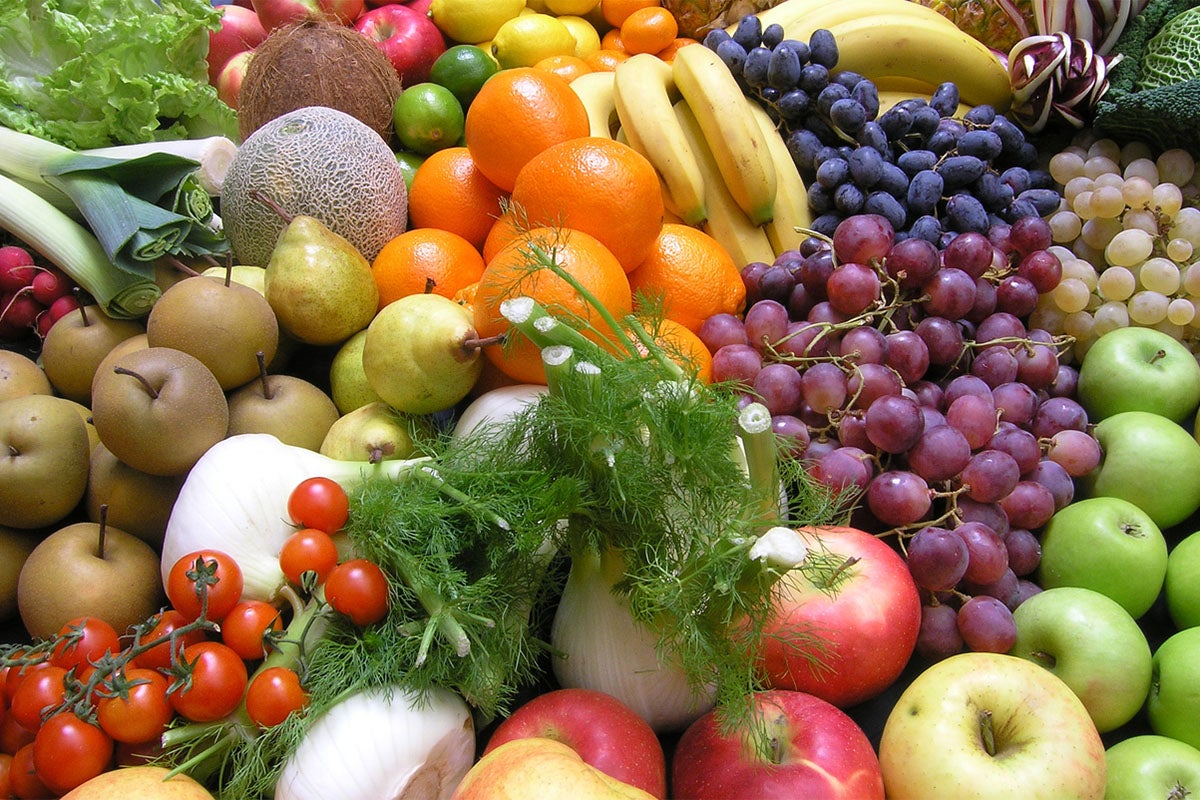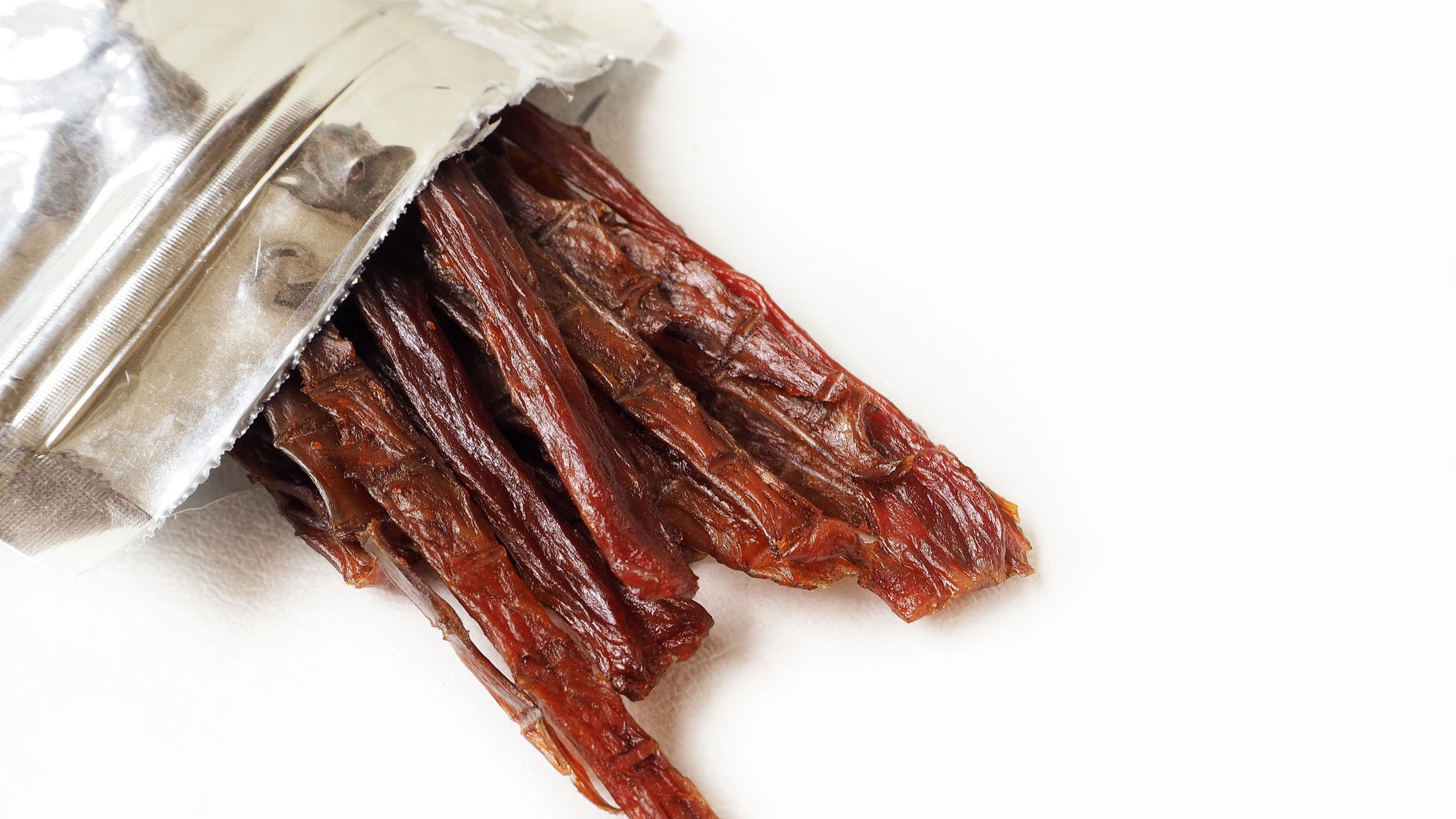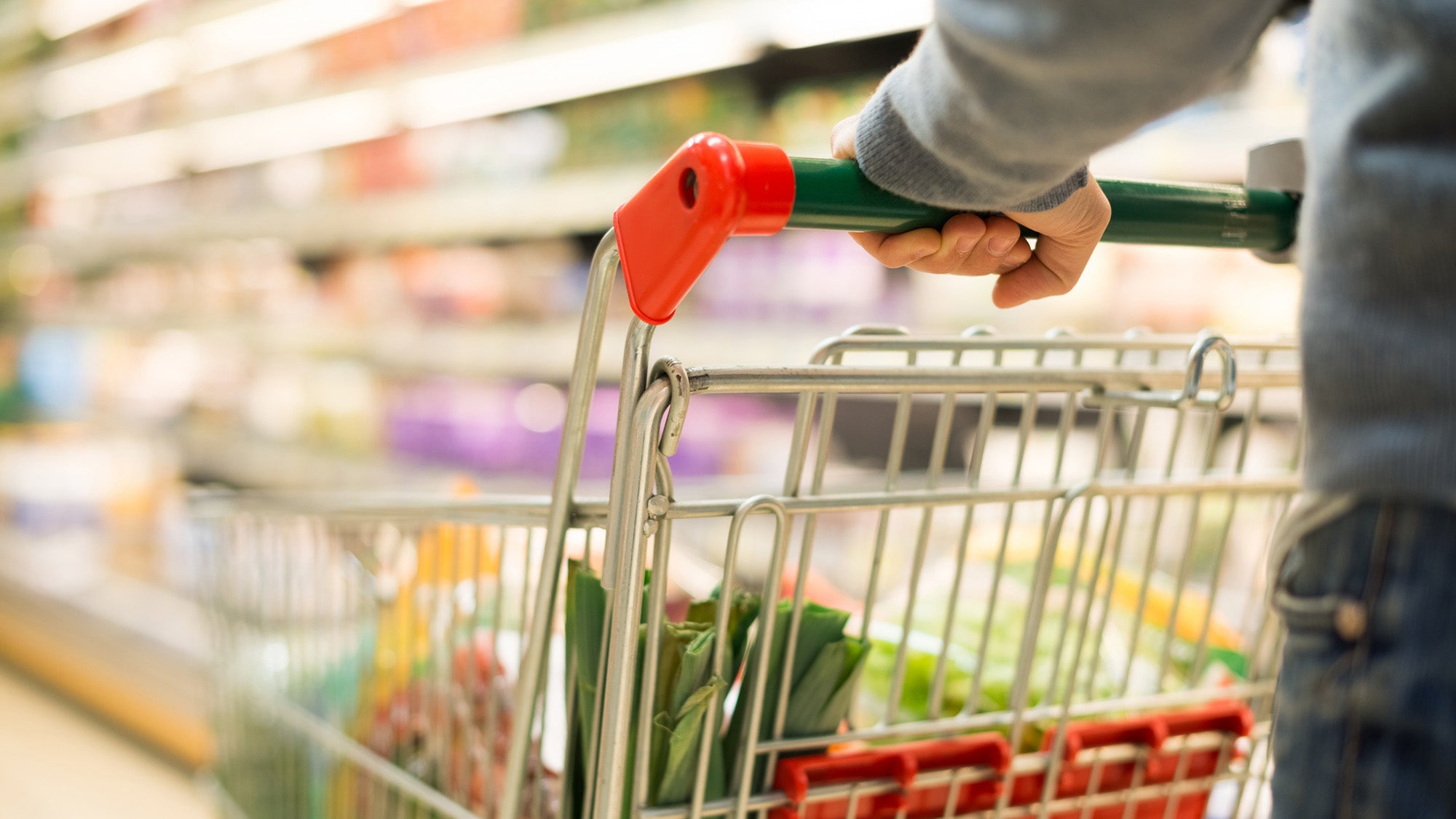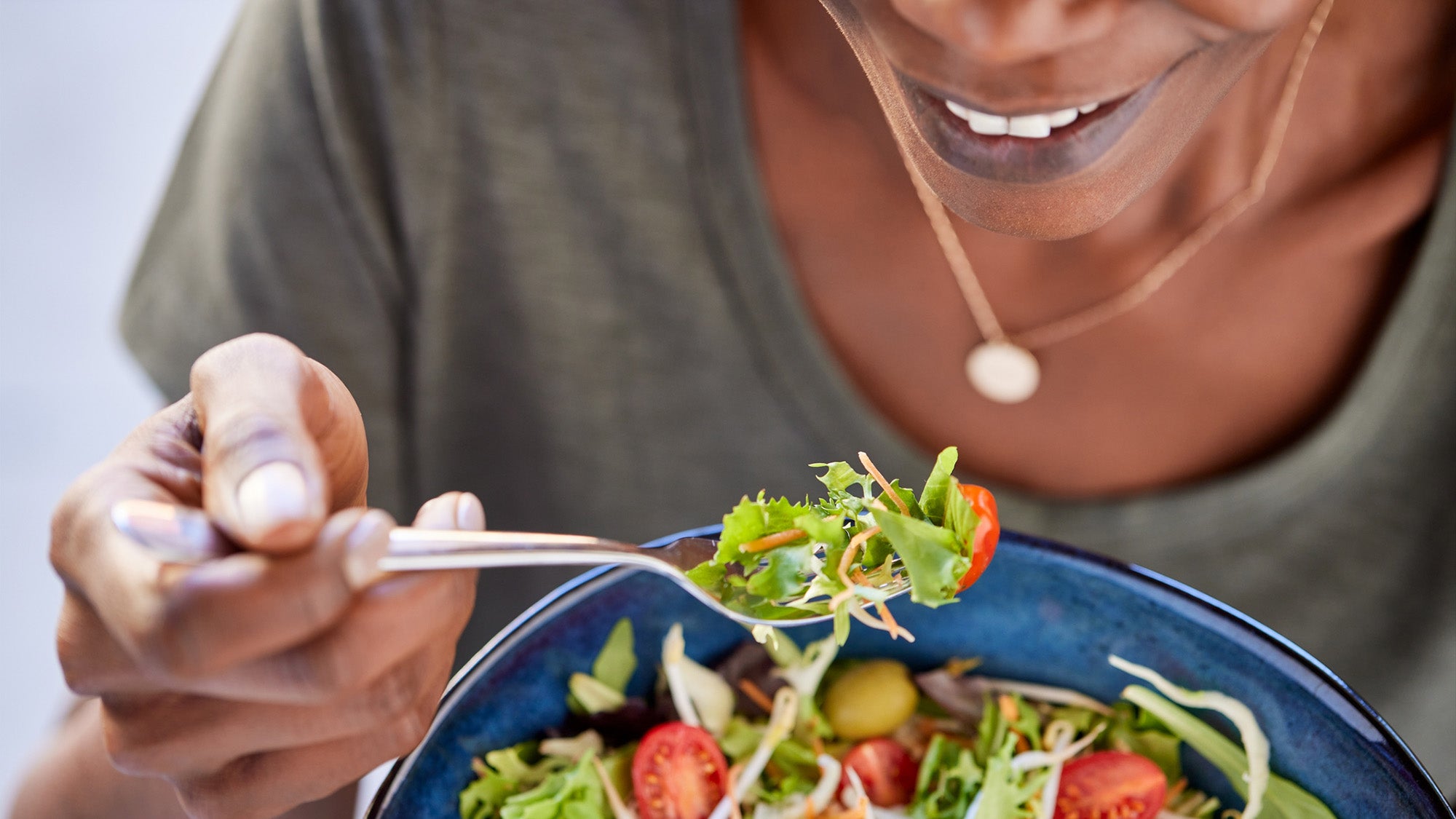Pesticide exposure from fruits, vegetables could lower male fertility

November 7, 2024 – Couples undergoing fertility treatment may have lower fertilization rates if the male partner has a high intake of pesticide residue from fruits and vegetables, according to a study led by Jorge Chavarro, professor of nutrition and epidemiology at Harvard T.H. Chan School of Public Health.
An Oct. 25 Healio article featured the study, which Chavarro presented at the 2024 Scientific Congress and Expo of the American Society for Reproductive Medicine.
The study included around 240 couples undergoing in vitro fertilization treatment. The researchers used self-reported diet data from the male partners to estimate their exposure to pesticide residue from fruits and vegetables. The researchers found that a higher level of exposure was associated with lower fertilization rates.
“Our data suggest that exposure to pesticide residue through diet may have this important impact on reproductive function beyond what we have previously described with effects on semen quality,” Chavarro said during the presentation. “This suggests that exposure to pesticides at levels that are assumed safe for human consumption by U.S. regulatory agencies may impair the ability of the sperm to fertilize oocytes.”
Read the Healio article: Fruit, vegetable pesticide exposure may impair sperm during IVF cycles
– Jay Lau
Photo: iStock/vm


